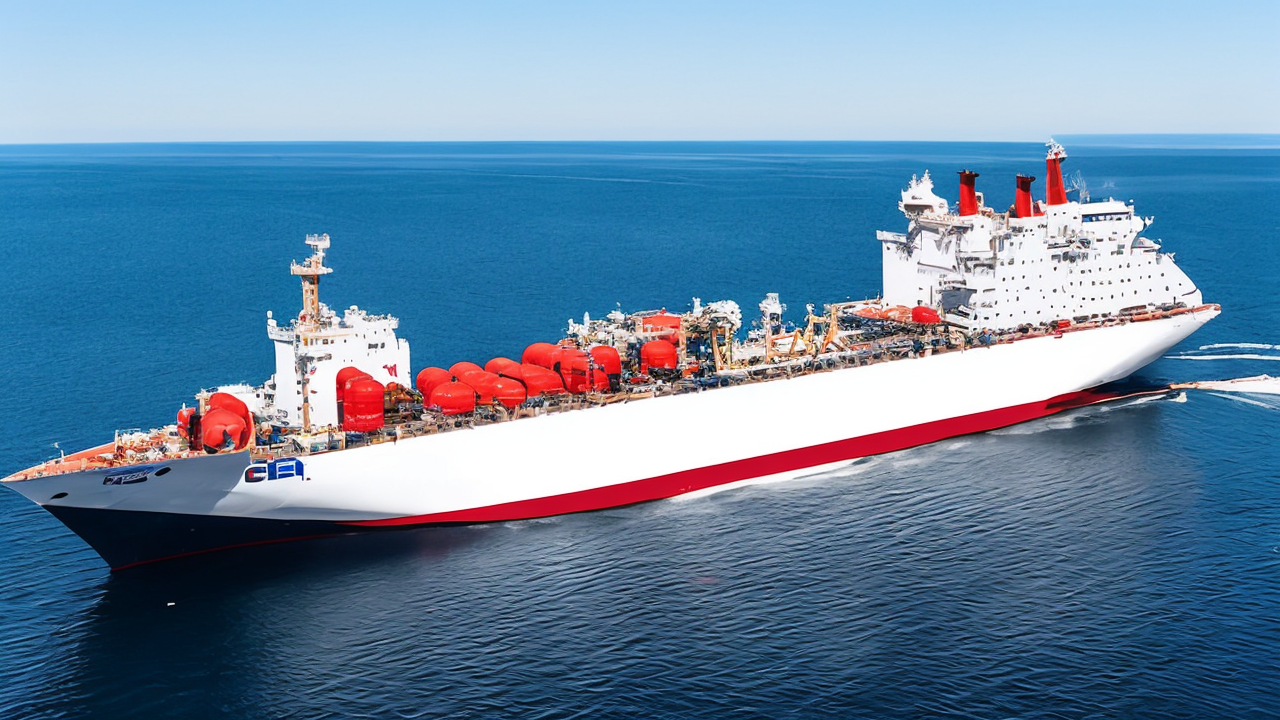Canada Launches LNG Export Business with First Shipment to South Korea

Canada has officially entered the liquefied natural gas (LNG) export market with the first shipment departing from its LNG Canada facility in Kitimat, British Columbia, destined for South Korea. This marks a significant milestone for the country, as the facility will halve shipment times to Asia, reducing the journey from 20 days via the Gulf of Mexico and Panama Canal to just 10 days. This efficiency not only enhances logistics but also avoids transit through vulnerable chokepoints, ensuring more reliable energy supply routes. The LNG Canada project, a $18-billion investment, represents the largest private sector investment in Canadian history. The facility, led by Shell PLC, is jointly owned by Shell (40%), Petronas (25%), PetroChina (15%), Mitsubishi (15%), and Kogas (5%). Construction began nearly seven years ago, and the project is expected to significantly boost Canada's presence in the global LNG market by the end of the decade. Alberta, a key oil and gas producer, aims to expand its market reach globally through increased LNG exports. However, this ambition faces resistance from British Columbia, which opposes additional tanker traffic and pipelines, citing environmental and community concerns. Environmental groups argue that LNG exports conflict with Canada's climate goals, while Indigenous communities contest new pipeline laws. Despite these challenges, energy producers in Western Canada anticipate a reduction in the discount on Canadian natural gas prices compared to U.S. Henry Hub benchmarks. The facility's commissioning is expected to improve pricing and support the industry's growth. Canada's LNG capacity is projected to expand, with plans for over six additional projects, including a potential Phase 2 expansion of the LNG Canada facility, which could double its capacity. Prime Minister Mark Carney emphasized the project's importance, stating it diversifies trade, strengthens energy security, and supports reliable partnerships. As global energy dynamics shift, Canada's entry into the LNG sector is poised to play a crucial role in meeting Asian economies' needs while navigating environmental and logistical challenges.
Published: 7/15/2025
















